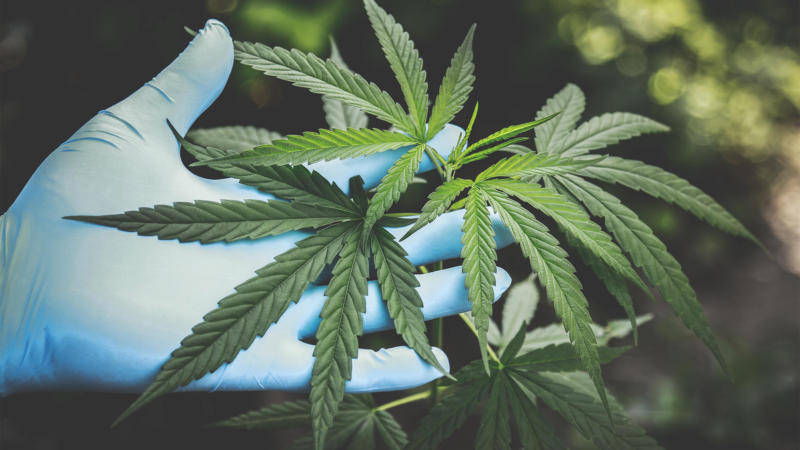After decades of oppressive policing and mass incarceration for marijuana use and sales, New York is now set to be the latest state to allow legal recreational marijuana sales. As the state publicizes its plans for regulating this newly legalized industry, it has emphasized that these policies will attempt to repair some of the damage from the war on drugs. The New York Times was the first to report plans by New York Gov. Kathy Hochul to set aside the state’s first 100 to 200 marijuana retailer licenses for individuals or relatives of individuals who had been convicted of marijuana-related crimes.
Prioritizing victims of the war on drugs
In a press release posted on the governor’s website, Hochul described the policy, called the Seeding Opportunity Initiative, as “a first-of-its-kind approach to the cannabis industry that takes a major step forward in righting the wrongs of the past.”
NBC News 4 New York reports that license preference is one of several policies aimed at promoting equity in New York’s newly legalized marijuana industry. The state has proposed allocating $200 million in startup grants for women and minorities, as well as groups such as financially strapped farmers, veterans with disabilities and members of communities that have been heavily policed under the state’s previously repressive marijuana laws.
Overcoming a long legacy of racialized policing
These policies of promoting equity and social repair through legal marijuana sales have a long way to go to reverse the damage and disparities of New York’s war on drugs. As detailed by Chris Alexander, the executive director of the New York Cannabis Control Board, almost a million people have been arrested for marijuana crimes in New York over the past two decades, with 90 percent of those arrests being for minor crimes like possession of “a single joint or a small baggie.” As the New York Times detailed, prior to marijuana legalization, Black New Yorkers were eight times as likely as white New Yorkers to be arrested for petty marijuana crimes and Hispanic New Yorkers were five times as likely to be arrested as non-Hispanic white people. In Manhattan, the Black-white arrest disparity was 15 to 1.
The state has started to reverse these policies in recent years. In 2021, the state legislature and then Gov. Andrew Cuomo passed legislation that legalized recreational marijuana use and expunged the criminal records of thousands of New Yorkers who had been convicted of weed-related offenses. In October, New York became the first state in the nation to explicitly ban employers from drug-testing employees for cannabis.
Announcement has drawn passionate responses
While the response to the new policies has been extremely positive, the latest announcement has gained a few critics. David Soares, district attorney for Albany County, opposes the plan to give priority to those with previous drug convictions, arguing that such people were often parts of larger criminal networks. “You’re just rewarding people who were perpetrating crimes in those communities,” Soares said after the governor’s announcement.
Nevertheless, the overall reaction to the governor’s announcement has been enthusiastic. Marijuana activists and criminal justice reform advocates are applauding the state’s new policies. Gia Morón, president of the cannabis entrepreneurial company Women Grow, argues that because the marijuana industry “has been built on the backs of people who have been incarcerated,” it only makes sense that “they absolutely should have the first crack at being able to open up a legal business in a regulated market in New York state.” New York is expected to issue its first marijuana licenses in late spring or during the summer, with legal sales to begin by the end of the year.

